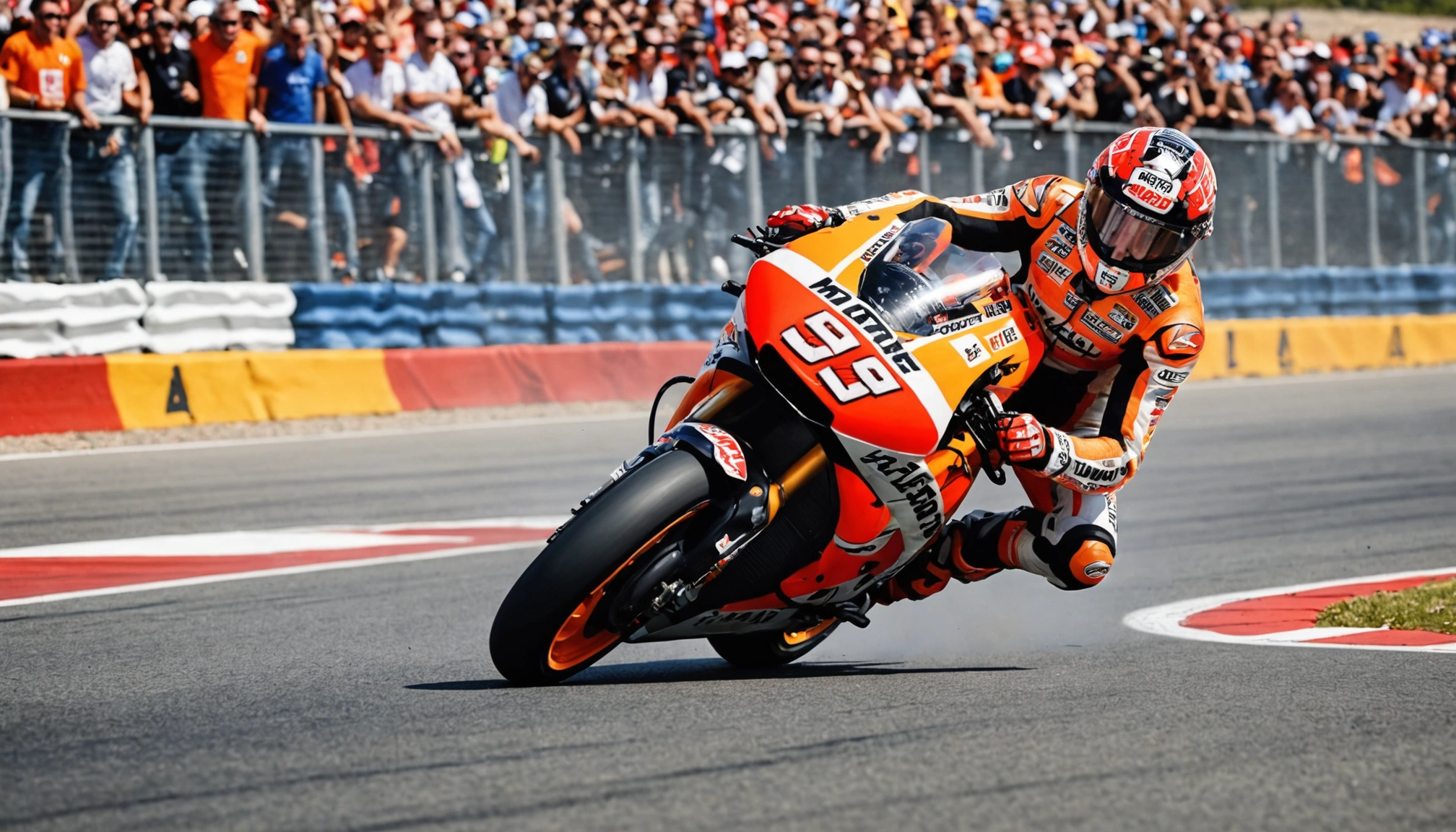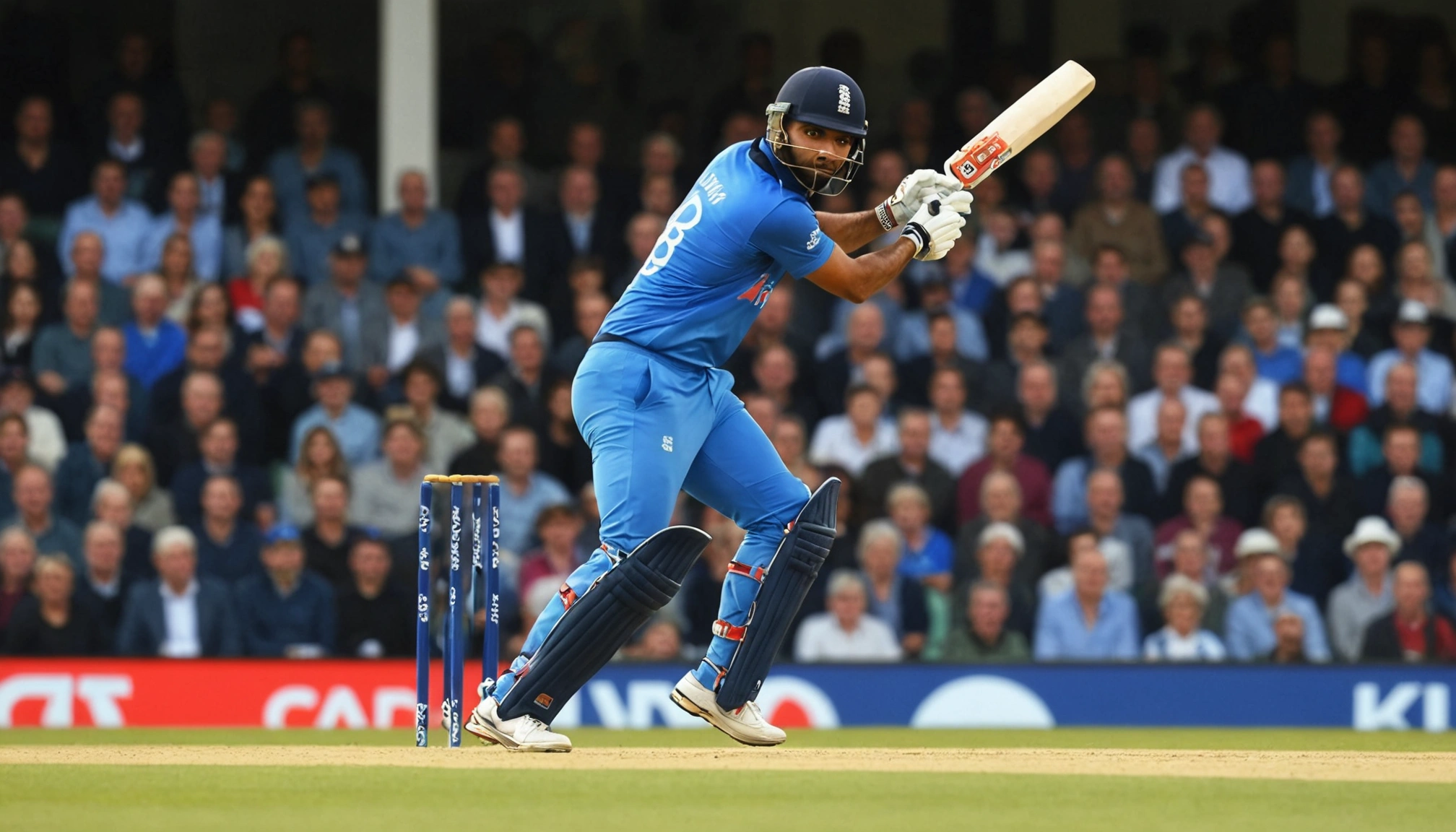Noah Gragson Criticises NASCAR 25 Driver Ratings
Noah Gragson voices strong criticism of NASCAR 25 driver ratings, highlighting flaws in the system. Discover the details and implications for the racing community.

By Editorial
Noah Gragson Speaks Out On NASCAR 25 Driver Ratings
Noah Gragson, a prominent figure in NASCAR, recently voiced his dissatisfaction with the driver ratings in the NASCAR 25 video game. His blunt critique that the developers "did a bad job" has sparked discussion among fans and gamers alike about the accuracy and fairness of the game's rating system.
Understanding The Controversy Around Driver Ratings
The NASCAR 25 game attempts to simulate real-world racing by assigning numerical ratings to drivers, reflecting their skills, performance, and track records. Gragson’s criticism centres on what he perceives as a disconnect between these ratings and actual driver abilities.
For example, Gragson pointed out that some drivers with strong recent performances were underrated, while others with less consistent records received higher scores. This discrepancy raises questions about the methodology used to calculate these ratings and whether they truly represent current competitive standards.
Why Accurate Ratings Matter To Fans And Players
Accurate driver ratings enhance the gaming experience by providing realism and integrity, which are vital for both casual players and hardcore NASCAR fans. When ratings don’t align with expectations, it undermines the credibility of the game and frustrates users who rely on these metrics for gameplay strategy.
Moreover, driver ratings can influence fan perception of real-life athletes, potentially affecting sponsorships and public image. This is particularly important in a sport like NASCAR, where fan engagement is deeply tied to driver reputations.
The Impact On The NASCAR Gaming Community
Gragson's comments have ignited debate within the NASCAR gaming community. Many players have shared their own experiences, noting inconsistencies between driver ratings and actual skill levels observed in races.
Some gamers have called for regular updates and more transparent rating systems that incorporate recent race data, driver improvements, and track-specific performance. This would mirror practices seen in other sports games, which often update player stats dynamically throughout the season.
Examples From Other Sports Games
To put this in perspective, consider the dynamic rating updates in football games or even golf simulations. For instance, key golf tournaments from September 2024 have influenced player stats in popular golf games, reflecting real-world form and results.
Similarly, Formula 1 games adjust driver ratings based on race outcomes, improving the overall authenticity of the simulation. Fans expect NASCAR 25 to adopt a similar approach to keep the game relevant and engaging.
How Can NASCAR Improve Its Driver Ratings?
Improving the driver ratings system requires a multi-faceted approach. Firstly, developers should incorporate up-to-date statistical data from recent races, considering factors like finishing positions, consistency, and track conditions.
Secondly, input from professional drivers like Noah Gragson could be invaluable. Their insights can help balance numerical data with the nuanced realities of racing skills that numbers alone might miss.
The Role Of Community Feedback
Engaging with the gaming community is also crucial. Many players provide detailed feedback and analysis based on hours of gameplay, offering perspectives that can guide rating adjustments. Transparency about how ratings are calculated and updated can build trust and excitement around the game.
The Broader Significance For NASCAR Fans
This controversy highlights the growing intersection between sports and digital entertainment. As esports and racing simulations gain popularity, the accuracy and fairness of such games impact fan engagement and the sport's broader appeal.
For example, fans following Max Verstappen’s first 2025 F1 win at the Japanese Grand Prix understand how digital simulations can bring real-world excitement into the home. NASCAR’s gaming experience needs to match this level of authenticity to retain and grow its fanbase.
Potential For Future Collaborations
Looking ahead, collaborations between NASCAR, game developers, and drivers could lead to more accurate and immersive games. Such partnerships might include real-time data feeds, enhanced AI, and personalised driver experiences, all of which would elevate the gaming experience.
Conclusion: Moving Forward From The Criticism
Noah Gragson’s criticism of the NASCAR 25 driver ratings serves as a wake-up call for developers and the NASCAR community. Ensuring that driver ratings reflect reality is essential for maintaining the integrity of the game and satisfying the passionate fanbase.
By adopting data-driven approaches, incorporating expert feedback, and updating ratings regularly, NASCAR 25 can enhance player satisfaction and set a higher standard for racing simulations. Fans and gamers alike will benefit from a more authentic, engaging experience that honours the skill and spirit of NASCAR racing.
Related topics
Editorial
Sports expert at SportsScoop
Specialist in sports analysis and journalism
Related articles
Want to read more?
Explore our comprehensive collection of sports articles and analysis, or contact us for more information.



